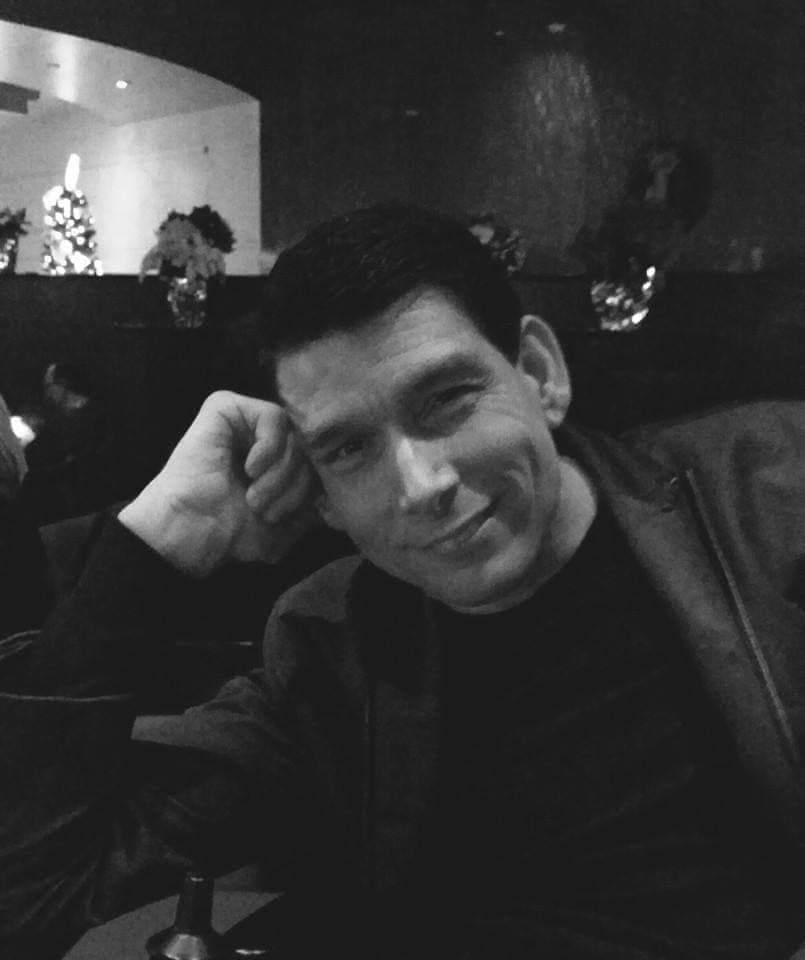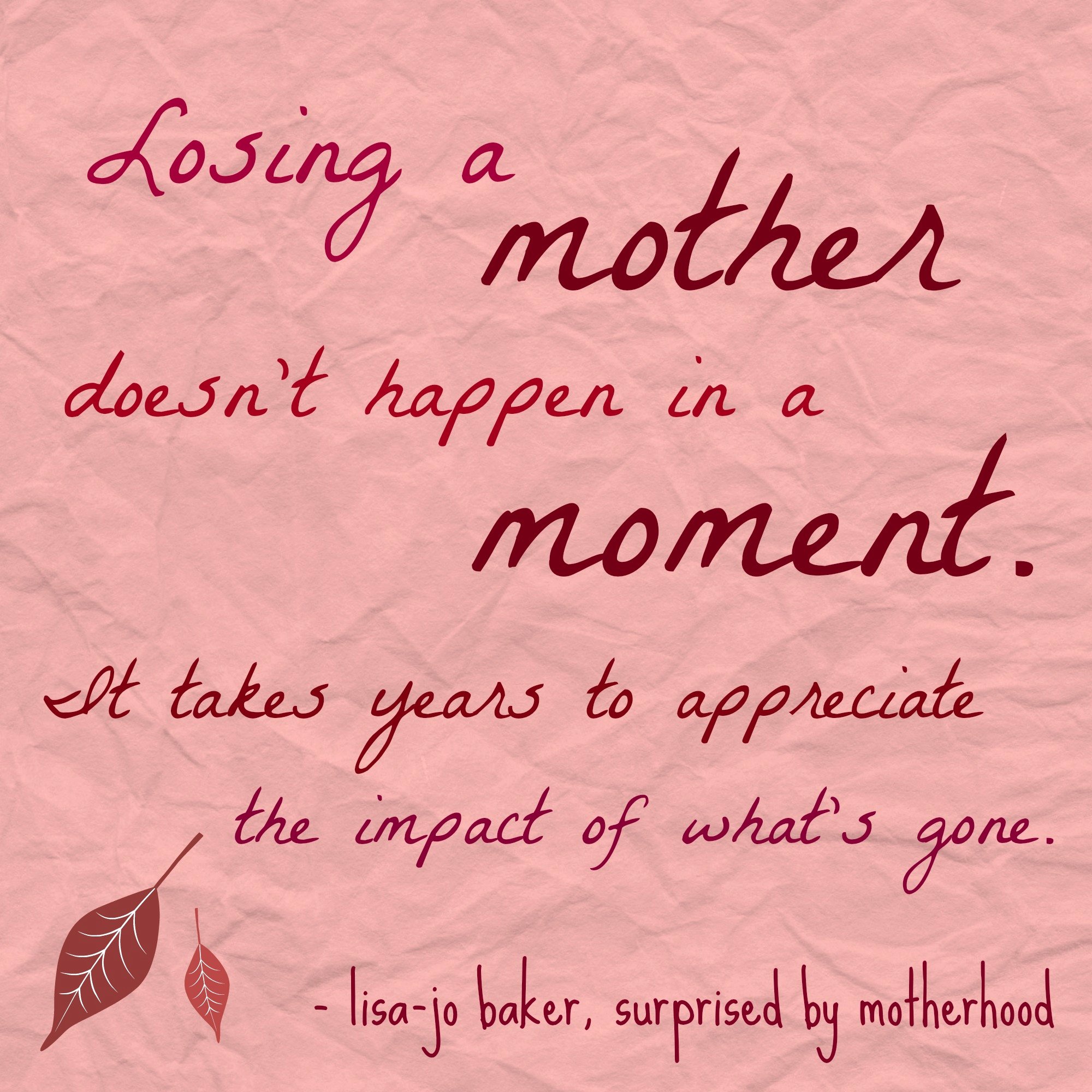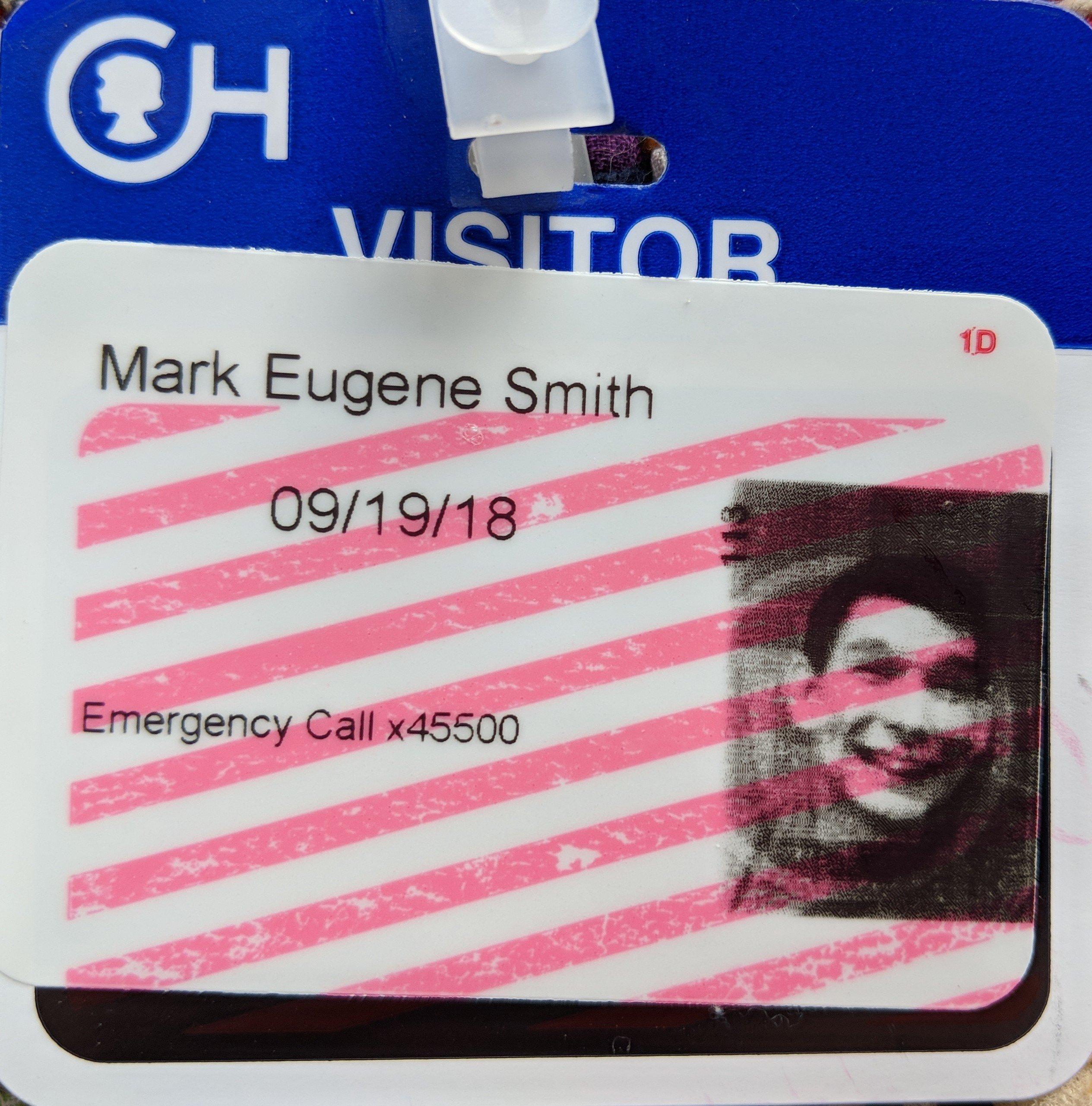I was sitting on my couch the other day, scrolling through instagram and facebook as one does, when I spotted a post from someone that read: “Who remembers Mark, the original wheelchairjunkie?” followed by a shared post from 2018. I immediately became tearful, yes because I miss him, but also because someone else had spoken his name into existence, which outside of immediate family, feels far and few between these days. For a split second in the void of social media, it had felt like he was living on.
Then, a few days later, an old friend of my father messaged me, sharing about advice my dad gave him over 10 years ago, and how it showed up in his life recently. Again, I paused, hearing my dads name and feeling as if he was somehow living on for a brief moment.
When my family and I were at disney, waiting in line for a darth vader character meet and greet, the cast member was using a permobil. I struck up conversation, asking him about his powerbase, how he was enjoying it, etc etc. We ended up in an in-depth conversation about complex rehab and insurance companies, and once again, for a moment, my dad was alive.
As the world keeps turning and time keeps pressing forward, we continue to say their names, but the opportunities to speak and hear it dwindle. Sometimes, it feels like we’re the only ones keeping them alive. Yet, as we carry on through mundane days of work, eat, sleep, repeat, sometimes it feels like we are not keeping them alive.
As I thought about all this, I realized something— even in the mundane, we are keeping them alive. The music we listen to, the ways we laugh, what we cook for dinner— all of it has been influenced by those we have loved and lost. The way we live our lives is also honoring theirs.
My music taste is heavily influenced by my father after growing up blasting 90s alternative anytime we were doing household projects or he was working out. Some of my favorite foods were his. The way I sometimes laugh so hard I can’t breathe, is similar to his laugh. Writing this, is him living on.
Whether it’s dusting off my extensive knowledge of complex rehab, or simply turning on greenday in the car. Whether it’s my career in pediatric hospice, walking alongside grieving families, or eating cherry garcia ice cream. The big moments when someone says his name, or the small ones where I smile at a song we loved.
The big, the small, the mundane, and all the inbetween, is how they live on. We say their names, we share their stories, but the way we live, love, and lose is also how they live on.
So, I encourage you to put on a song, cook your dinner, read that bedtime story to your child, and know that you are keeping them alive in your own ways. Even when no one is saying their name, they still live on.
-Emily
// It will be 6 years in November since the world lost Mark, my dad. So much has happened and changed. But what remains the same is the impact he’s had. I’m always in awe when someone mentions him, shares a story, or simply acknowledges his existence outside of me bringing it up. Grief is life long, growing with us through this life. Some days, I really still don’t know how I’ve navigated 6 years of life without him– getting a masters degree, becoming a licensed therapist, getting married. I continue to grow up and evolve without his guidance in my ear daily. Reflecting on this blog, with the hundreds and hundreds of stories and sentiments, remains an anchor for the much needed life advice. Thank you for continuing to read and support this beautiful thing my dad left us.
Want to keep in touch with Emily? Follow her on instagram: Griefwithemily






